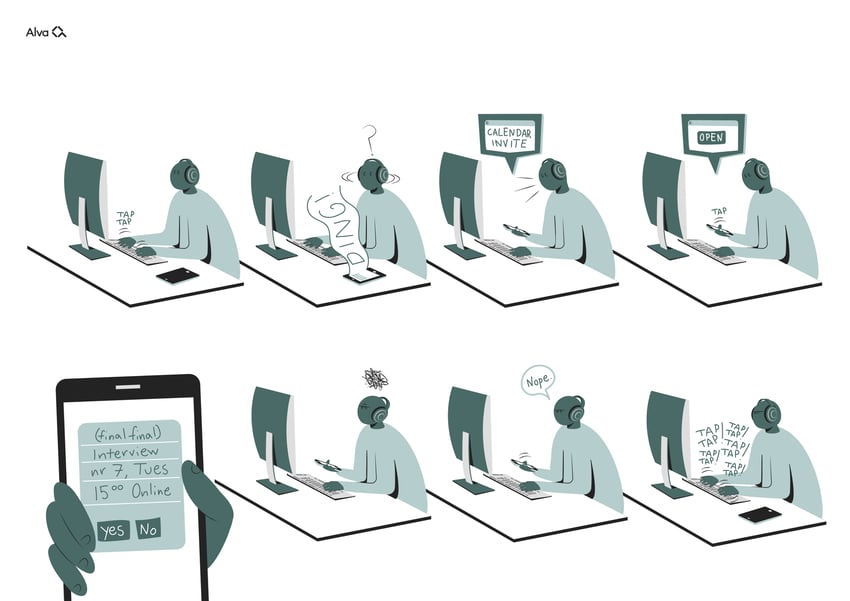How to start building psychological safety
Showing vulnerability is the first step to build psychological safety, but the most important part is how that vulnerability is being received by the rest of the team. If it is met by acceptance the level of psychological safety will likely increase. If it is met with resent, questioning or similar (conscious or unconscious), you have a problem. Here are some good real-life examples of reactions that will foster psychological safety:
“Hey - I noticed in the meeting with the new team that you seemed quiet and nervous, and I wanted to check in and talk you through the changes in the team. You didn’t sound like yourself.” Manager, tech start up
“Great! Hope what we're saying starts to come together and make sense … You are right to have questioned things. I am around tomorrow anytime for a chat.” Co-founder & CCO,
What is psychological safety?
One can define psychological safety as the feeling of being able to take interpersonal risks in a team. Meaning: the higher the psychological safety, the more likely team members will be to take risks and show vulnerability. Low levels of psychological safety means people won't dare to raise “stupid” question, share mistakes or do things that risk embarrassment
This aspect of team work is fundamental. You cannot build a high performing team without psychological safety.
Building psychological safety
At Alva, we believe that our behaviour decides the level of psychological safety of our colleagues, our teams and of our organisation. Every person has the opportunity to take part in creating a better working climate - but this must be led and modelled by senior leaders.
Why is psychological safety so important? Take the two quotes - as we talked, the recipients told us that they were immediately unblocked, reassured and able to progress and deliver their best work. They were seen, their concerns were noted and validated and, they know that they can come to their managers.
Seven tips for managers to foster psychological safety
1. Share mistakes you make
2. Ask question that demonstrate you're not are not all-knowing
3. Ask people to share their emotions and well-being
4. Always thank people for sharing or asking questions
5. Take the time to really listen to your team, ask followup questions and use mirroring to show you have understood
6. Mark when someone is hindering psychological safety (for instance, if someone sighs at a question a team member asked, make sure you show appreciation of the question and give feedback to the person sighing)
7. Dare to let down the guard and be part of the group. As a manager it is always important to be correct and represent the company, but if you take that too far, you might turn into some sort of super human that never lets go. No need to stay late at all parties, but don’t be the person only talking about work and leaving the earliest either… Be human!
Why is psychological safety so important? Take the two quotes - as we talked, the recipients told us that they were immediately unblocked, reassured and able to progress and deliver their best work. They were seen, their concerns were noted and validated and, they know that they can come to their managers.






